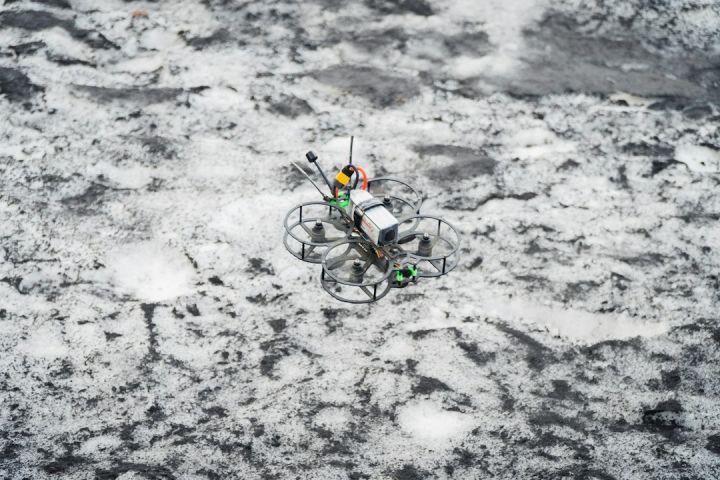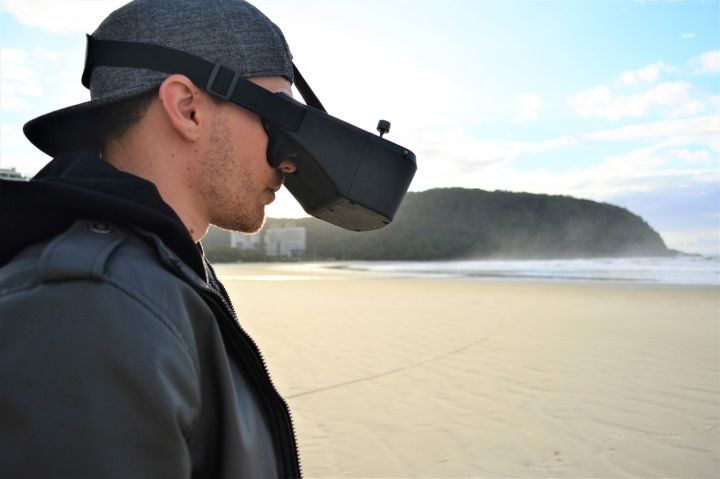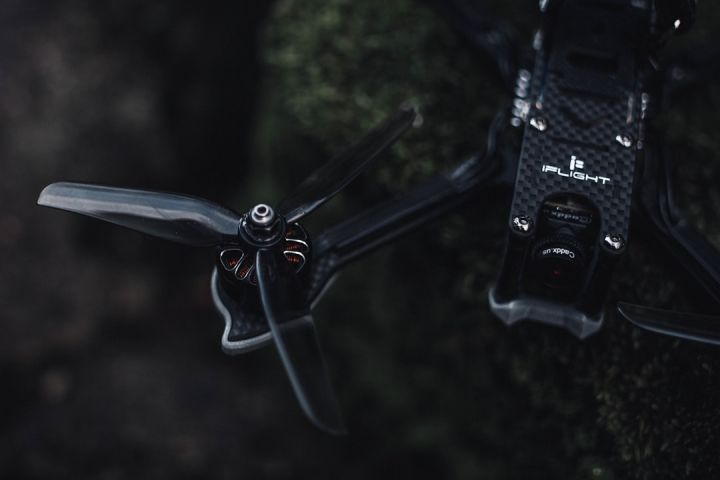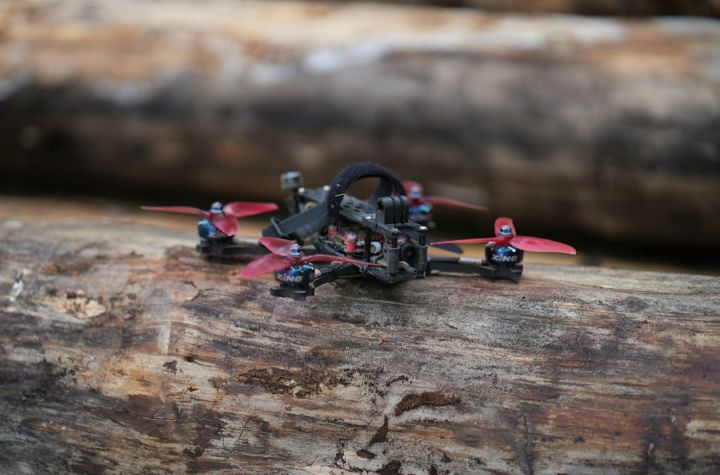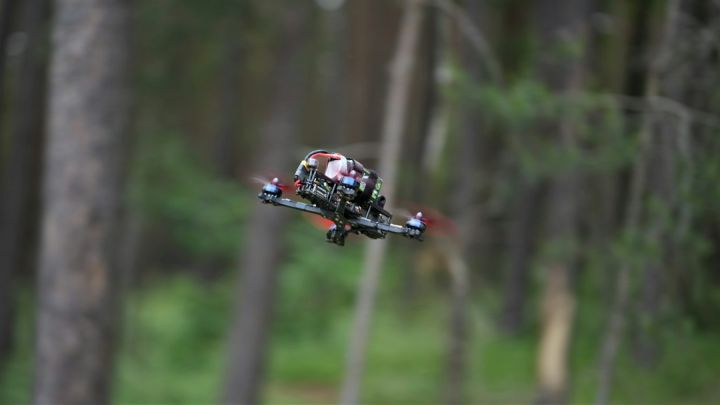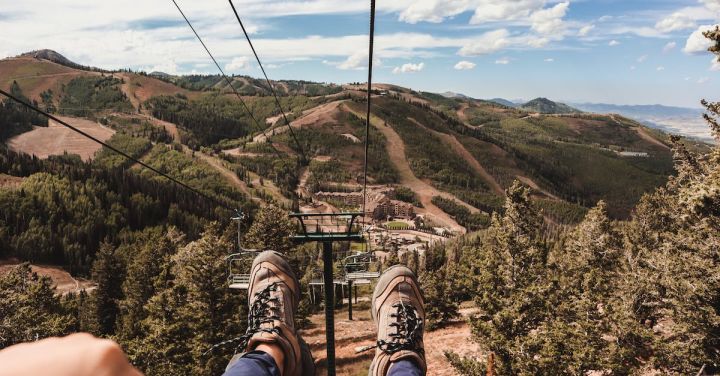How Do You Train for an Fpv Racing Event?
FPV (First Person View) racing has become increasingly popular in recent years, attracting both professional pilots and hobbyists alike. This thrilling sport involves flying small drones at high speeds through challenging courses, all while wearing specialized goggles that provide a real-time video feed from the drone’s perspective. If you’re thinking of participating in an FPV racing event, you’ll need to train and prepare yourself for the intense competition. Here are some tips to help you get started:
1. Master the Basics
Before diving into FPV racing, it’s crucial to have a strong foundation in flying drones. Spend time practicing basic maneuvers such as hovering, forward flight, and turns. Familiarize yourself with the controls and develop a good sense of throttle control, as this will be vital during races. Start with a beginner-friendly drone and gradually work your way up to more advanced models as you progress.
2. Build Your Skills
To excel in FPV racing, you’ll need to hone your flying skills. Set up a dedicated practice area where you can simulate racing conditions and work on your speed and agility. Create obstacles such as gates or flags that mimic those found in racing courses. This will help you improve your precision and maneuverability, enabling you to navigate through tight spaces with ease.
3. Learn from the Pros
One of the best ways to enhance your racing skills is by studying the techniques of experienced FPV pilots. Watch videos of professional races and analyze their flying styles. Pay attention to how they approach corners, take sharp turns, and navigate complex obstacles. Take note of their strategies and try to incorporate them into your own training sessions.
4. Join a Community
FPV racing is a social sport, and being part of a community can greatly benefit your training. Join local FPV racing clubs or online forums where you can connect with like-minded individuals. These communities often organize group practice sessions and hold friendly races, providing a supportive environment for learning and improvement. Surrounding yourself with fellow enthusiasts will not only motivate you but also expose you to different techniques and perspectives.
5. Invest in Quality Equipment
Having the right equipment can make a significant difference in your performance. Invest in a reliable FPV racing drone that is specifically designed for speed and agility. Look for models with good maneuverability, low latency video transmission, and durable construction. Additionally, ensure that your goggles provide a clear and immersive viewing experience, as this will be crucial for maintaining situational awareness during races.
6. Develop a Training Routine
Consistency is key when it comes to training for an FPV racing event. Develop a structured training routine that includes regular practice sessions. Allocate dedicated time for both simulator training and outdoor flying. Utilize FPV racing simulators to improve your skills in a virtual environment and then transfer those skills to real-world flying. Mix up your training sessions by incorporating different courses and challenges to keep things interesting.
In conclusion, training for an FPV racing event requires dedication, practice, and a willingness to continuously learn and improve. Mastering the basics, building your skills, learning from experienced pilots, joining a community, investing in quality equipment, and developing a training routine are all crucial elements of becoming a competitive FPV racer. So, strap on your goggles, grab your drone, and start training for the exhilarating world of FPV racing!


